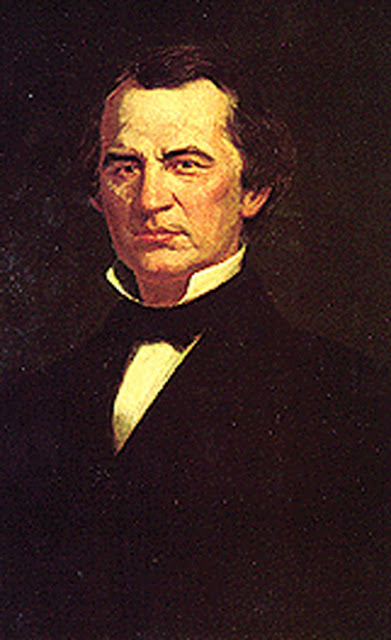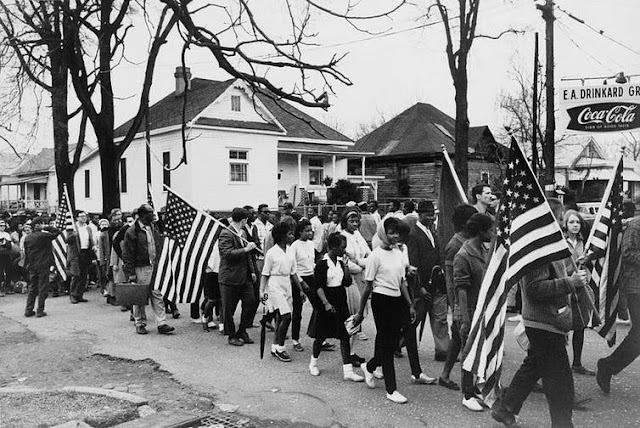Republican function blended for Johnson
Such as Surpass, Johnson went into the White Home with a mix of suspicion and assistance amongst Republicans that regulated Congress. He was a Southerner and a Democrat, which worried them. However his brave Unionism and candid objection of rebels – "Treason should be made notorious and traitors penalized," he declared – amazed legislative leaders, that thought that he would certainly take a company method to the Southern.
The Republicans quickly discovered that they were incorrect.
With strong assertion of exec authority, Johnson rapidly rebuilded specify and regional federal governments in the Southern. Since African-Americans were omitted from the procedure, these regimes were regulated by Southerly whites, the majority of which had been faithful Confederates. Predictably, they embraced legislations developed to maintain African-Americans in a servile setting.
Southerly authorities likewise stood by and also abetted whites that unleashed a wave of physical violence versus previous servants. For instance, in July 1866, Brand-new Orleans authorities took part in a massacre that left 37 African-Americans and white Unionists dead and greater than 100 injured.
Unlike today's Republicans, the majority of which have ended up being much a lot extra faithful to Surpass, Reconstruction-era Republicans pressed back versus Johnson. They seen emancipation as a crowning accomplishment of Union success and were identified to guarantee that previous servants delighted in the fruits of flexibility. Although they really wished to prevent contravene the head of state, in very early 1866, they embraced steps developed to develop color-blind citizenship and safeguard previous servants from injustice.
No follower of settlement
Such as Surpass, Johnson's instinct was to assault instead compared to work out. A states' legal civil liberties Democrat and proponent of white superiority, Johnson rejected Republicans' initiatives at concession. He reacted to Republican civil legal civil liberties regulations with scathing veto messages. In September 1866, he toured the North, progressing individual assaults versus legislative leaders and looking for to rally citizens versus them in the midterm political elections.

Maturing bad and illiterate, Johnson had established a deep hostility for African-Americans, thinking that they looked down on individuals such as him. His personal discussions were tied with racist invective. After conference with a delegation led by the black leader, Frederick Douglass, for instance, he exclaimed to his secretary, "I understand that damned Douglass; he's much like any type of n—-r, and he would certainly equally as most likely reduced a white man's throat as not."
CARA JITU MENANG BERMAIN TOGEL SINGAPORE TERPERCAYA
In speeches on the project path and in Washington, Johnson actors his resistance to Republican civil legal civil liberties plan in language that today shows up plainly racist. He looked for to attract citizens — North in addition to Southern – that really felt endangered by African-American acquires.
In vetoing the Civil Legal civil liberties Act of 1866, Johnson suggested that African-Americans, that had "simply arised from slavery," did not have "the requisite certifications to entitle them to the benefits and immunities of residents of the Unified Specifies." Certainly, he insisted, the legislation discriminated "versus big varieties of smart, deserving, and patriotic immigrants [who needed to live in the U.S. for 5 years to get approved for citizenship] for the negro."

